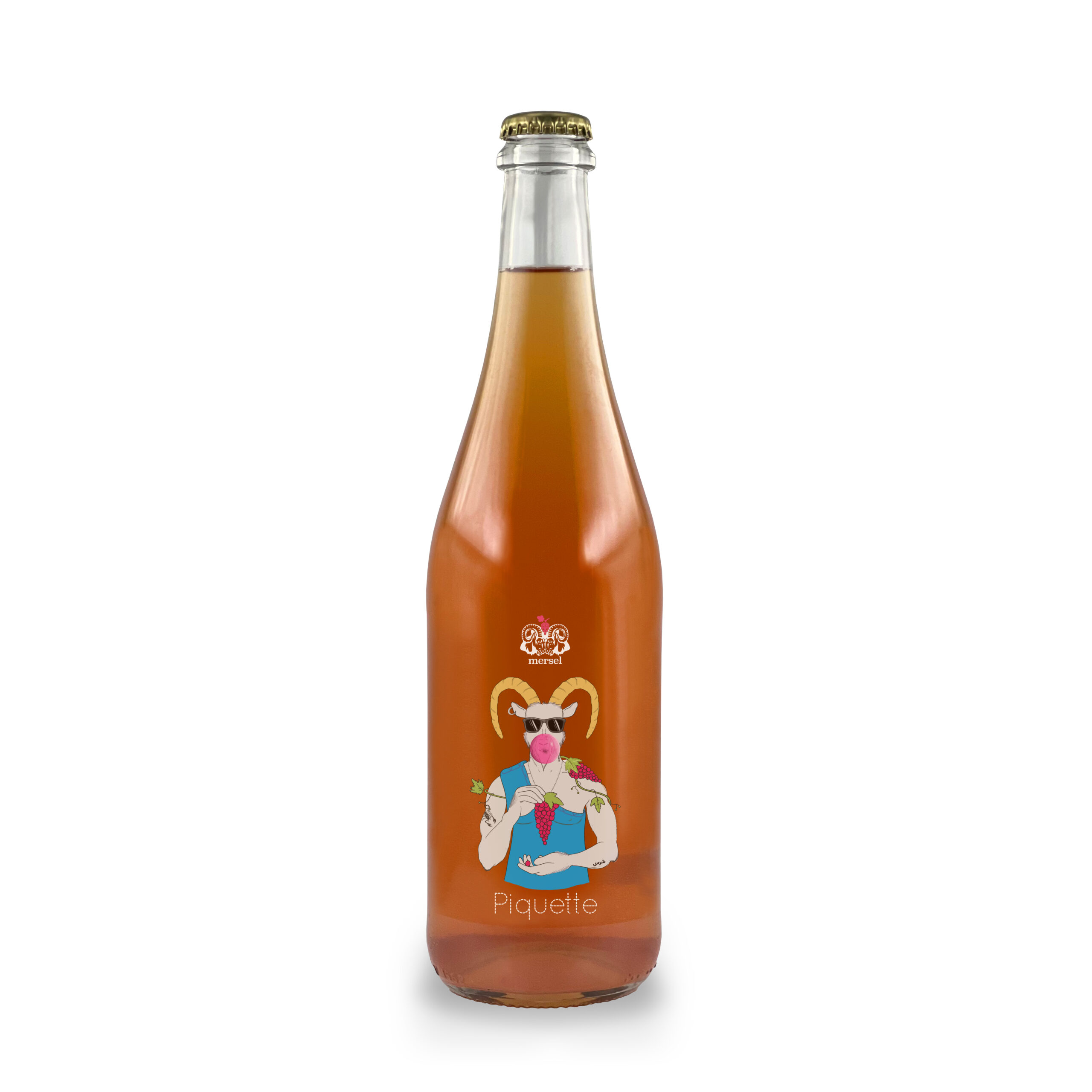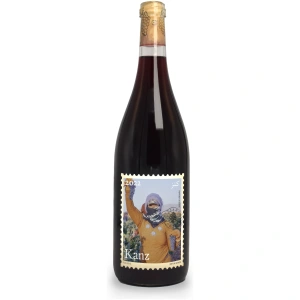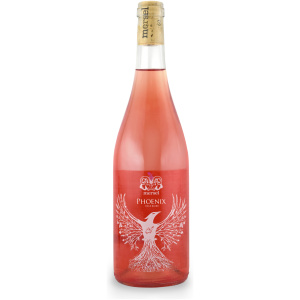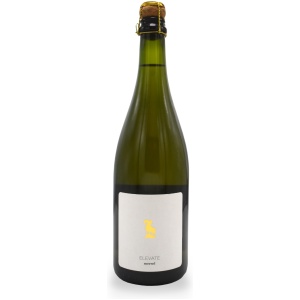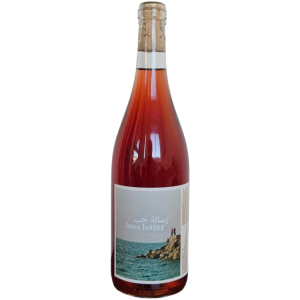Description
About Mersel Wine
Lebanon is among the oldest site in wine production in the world. Today we continue this legacy, with the same passion that the Phoenicians had centuries ago, exporting to the world best quality wine from the land of the cedars.
Mersel wanted to embed Lebanese culture with its wines. Lebanese people are warm and hospitable, they open their hearts and homes and welcome those around them. Mersel wanted to create wines that fit with the Lebanese character, wines that are for everyone to enjoy, and wines that help our local farmers.
The name ‘Mersel Wine’ comes from the region Maksar Mersel, which is the highest viticulture region in Lebanon, located between the Cedars and Ainata El Arz at analtituderanging between 2,000 and 2,400m. We also have vineyards in Ainata in the Bekaa Valley, Dimane and Bcharre in Wadi Qannoubine, and Bousit in Northern Lebanon.
Mersel’s philosophy is to keep it simple. Our wines are made naturally, with very little or no sulfites. Our wines are unfiltered and unfined using organic farming methods, resulting in simple fermented wine.
Mersel Wine is committed to producing high-quality wines and spirits that are not mainstream in the Lebanese market. Mersel strives to produce wine withdiverse tastes and methods using natural and environmentally friendly methods. Mersel is committed to planting and maintaining our vineyards in an environmentally friendly manner so thatevery bottle can be savoured and enjoyed.
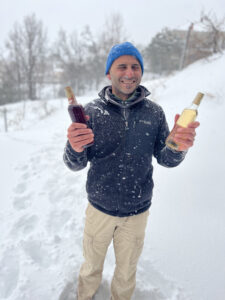
Meet the winemaker – Eddie Chami
Eddie Chami, the winemaker at Mersel Wine was also one of the winemakers at Couvent Rouge. He holds a degree in Viticulture and Enology at UC Davis, California.
For anyone that knows and speaks to Eddie, you will know that making wine is not a hobby or job, it is a deep-rooted passion. He is passionate about winemaking, as well as preserving and reviving the land of our ancestors and the winemaking techniques used many, many years ago.
Eddie wanted to make wine that is not mainstream in Lebanon. Being born and raised in Australia, he doesn’t speak French and didn’t want to associate Mersel with the French influence in winemaking. He just wanted to make some f%kn good wine. His passion is to develop wine using local Lebanese indigenous grape varieties but something not common locally. Mersel Wine is the first to develop a Piquette and PetNat and he has been dabbling with skin-contact wines since 2016.

